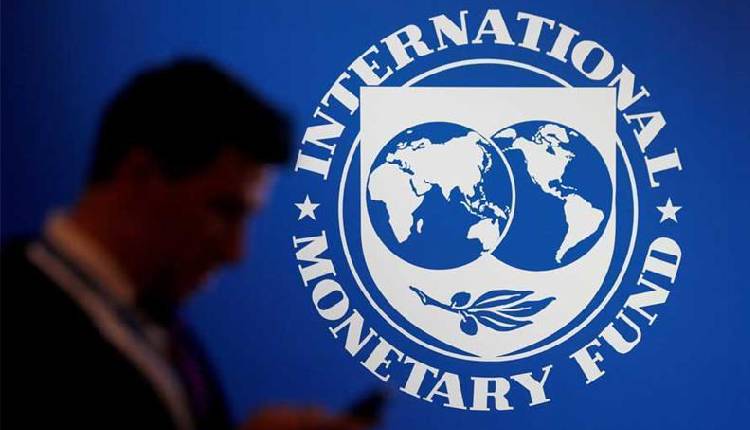URGENT: IMF, Egypt reach staff-level agreement to unlock $1.2b loan instalment
The International Monetary Fund (IMF) announced on Wednesday that it had reached a staff-level agreement on the fourth review of Egypt’s Extended Fund Facility (EFF) arrangement.
Subject to the IMF Executive Board, Egypt will have access to approximately $1.2 billion (SDR 922.87 million), the Fund said in a statement early Wednesday. The agreement follows discussions held in-person on November 6-20 and virtually thereafter.
“The Egyptian authorities have continued to implement key policies to preserve macroeconomic stability, despite ongoing regional tensions that are causing a sharp decline in Suez Canal receipts.” said Ivanna Vladkova Hollar, head of the IMF mission.
Fiscal Policy Adjustments
In light of the difficult external conditions, as well as a challenging domestic economic environment, the Fund official said the Egyptian authorities requested a recalibration of their medium-term fiscal commitments. As such, Egypt’s primary balance surplus, excluding divestment proceeds, is projected to reach 4 per cent of GDP in the 2025/26 fiscal year—0.5 per cent lower than previously committed—and 5 per cent in 2026/27, aligning with earlier programme targets.
“This short-term recalibration seeks to ensure that fiscal consolidation provides some space to increase critical social programmes in support of vulnerable groups and the middle class while ensuring debt sustainability.”
Strengthening Tax Reforms to Boost Revenue
While Egypt’s efforts to streamline and simplify its tax system are commendable, IMF demands further reforms to enhance domestic revenue mobilisation. Authorities have pledged to implement a package of measures aimed at increasing tax-to-GDP revenue by 2 per cent over the next two years. These measures focus on eliminating tax exemptions rather than raising tax rates.
“A comprehensive reform package is needed to ensure that Egypt rebuilds fiscal buffers to reduce debt vulnerabilities, and generates additional space to increase social spending, especially in health, education and social protection.” Hollar stated.
Accelerating Business Environment Reforms
The IMF and Egyptian authorities agreed on the urgency of reforms to improve the business environment and position the private sector as the main driver of growth. “In this regard, more decisive efforts are needed to level the playing field, reduce the state footprint in the economy, and increase private sector confidence to help Egypt attract foreign investment and develop its full economic potential.”
Fast-Tracking the Divestment Program
Recognising the economic pressures from external challenges, Egyptian authorities and the IMF underscored the importance of accelerating the country’s divestment programme. The authorities expressed commitment to intensifying their efforts in this area, which is “crucial to support private sector development and to reduce the high debt burden.”
Commitment to Exchange Rate Flexibility and Financial Reforms
Hollar highlighted the Central Bank of Egypt’s (CBE) dedication to maintaining a flexible exchange rate to shield the economy from external shocks. It pledged to keep tight monetary conditions to reduce inflation and to modernise its operations as it works toward adopting a full inflation-targeting regime. “Bolstering financial sector resilience and the governance practices and competition in the banking sector should also be key priorities.” the IMF official concluded.
Attribution: Amwal Al Ghad English


